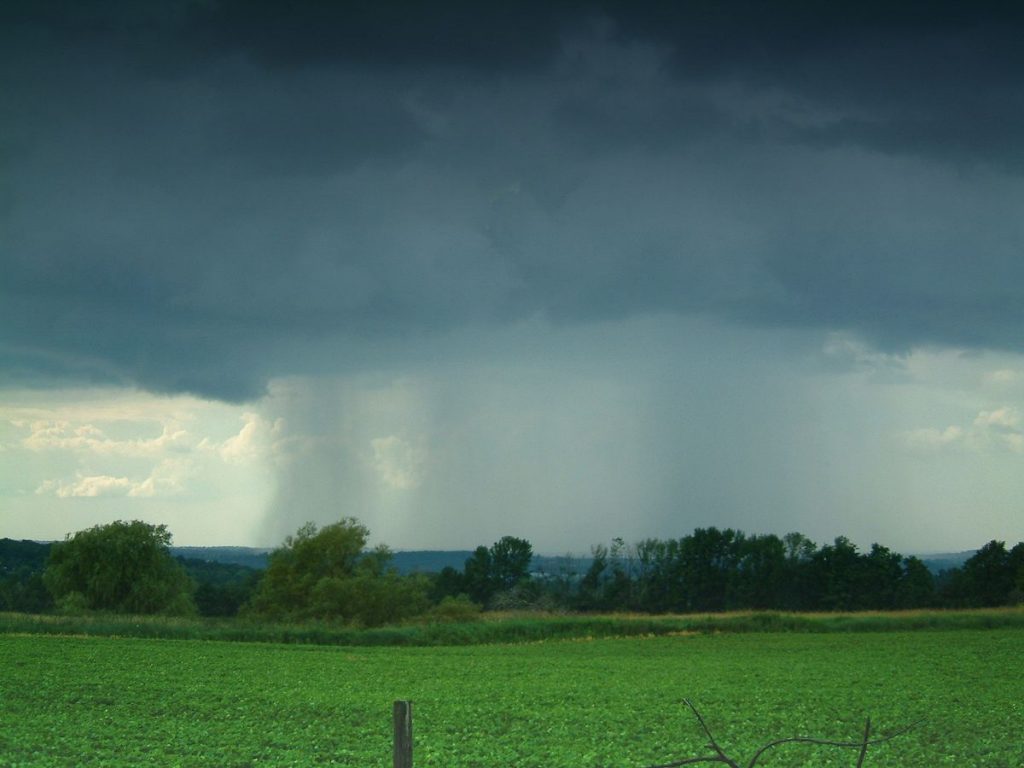
By Clint Thompson
South Georgia’s specialty crop farmers will soon be planting their fall crops. Weather will once again factor in what growers will have to be concerned with over the next couple of months.
Will it rain too much and sprout diseases? Will it suddenly turn dry and lead to increased insect pressure? Bhabesh Dutta, University of Georgia Cooperative Extension vegetable disease specialist, talks about the impact that extreme weather events could have on this season’s fall crops.
“If it keeps raining like it has the last two weeks, some of the diseases like phytophthora, downy mildew, they can be problematic. On the other hand, if it stays dry, then we’ll have whitefly and virus issues in vegetables. We need a balance. We don’t want the weather to swing either way,” Dutta said.
According to last Thursday’s release of the U.S. Drought Monitor, abnormally dry conditions persist in various areas in southwest Georgia. There is also a small portion of Calhoun, Dougherty, Baker and Terrell counties in the southwestern part of the state that are moderately dry. Dry conditions stretch to the Georgia-Florida state line and Georgia-Alabama state line in southwest Georgia.
But rains were more frequent in July, leading to potential for increased disease instances. According to the UGA Weather Network, Tifton, Georgia, received 5.54 inches of rainfall from July 1 to July 28, compared to 7.88 during last year’s rainy summer.
Weather will be a factor as growers plant their first crops during these first couple of weeks of August.









